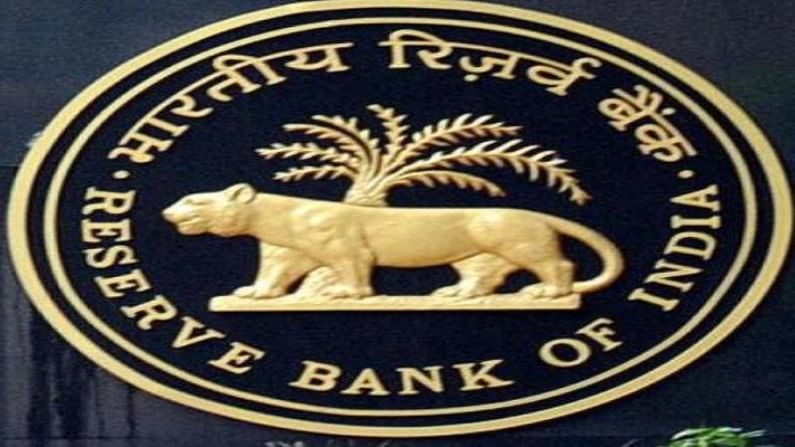RBI Launches Integrated Ombudsman To Address Public Grievances
How many times have you been jittered with the thought of figuring the right authority to register a complaint when your money wasn’t disbursed at the ATM but the amount was debited from the balance? Or when your UPI payment was lost midway but you didn’t receive the money back. Well, very soon all your […]

How many times have you been jittered with the thought of figuring the right authority to register a complaint when your money wasn’t disbursed at the ATM but the amount was debited from the balance? Or when your UPI payment was lost midway but you didn’t receive the money back. Well, very soon all your banking woes will be sorted in a simplified manner.
The Reserve Bank of India (RBI), while announcing the monetary policy last Friday, unveiled the Integrated Ombudsman Scheme (IOS). This is a step in the direction of improving the grievance redressal mechanism for the common man.
As per the new scheme, one ombudsman will be available to address all the complaints with respect to banking, non-banking finance company (NBFC) and digital wallets. Currently, there are separate ombudsman for these three categories.
“To make the ombudsman mechanism simpler, efficient and more responsive, it has been decided to integrate the three ombudsman schemes and introduce a centralised processing of grievances following a ‘One Nation, One Ombudsman’ approach,” RBI governor Shaktikanta Das said while launching the scheme.
Money9 spoke to Raj Khosla, founder and managing director of MyMoneyMantra.com, a financial services company to understand the scheme and its impact.
How do you see this move by the RBI?
Spot on decision by RBI. At present, the RBI has Banking Ombudsman (BO) at 22 offices. In the larger offices a second BO looks into complaints of digital banking i.e. complaints against authorised payment system operators, in addition to his or her normal work. Plus, there are RBI Ombudsman for NBFCs at four offices. If there are integrated Ombudsman it will require that they and their staff have the knowledge, expertise etc. to deal with complaints from different regulated entities as well as across entities. Integration has its advantages of streamlining of systems, optimal utilisation of manpower and quicker decision making, leading to earlier resolution of complaints in a more standardised format.
With one nation-one ombudsman scheme, customers can access a one-stop solution for their complaints. It will reduce unnecessary hassles of choosing the right office of ombudsman. Furthermore, customers can also choose to share their concerns through RBI’s complaint management system (CMS) portal or 24×7 helpline for queries regarding digital payment products.
In very simple terms, how will this integration benefit the common man?
An integrated ombudsman for customers across NBFCs, banks and digital transactions will simplify the process of disputing grievances and improve customers’ confidence in NBFCs and alternate banking routes. There are operational complications arising out of cross complaints. For example, if there is complaint regarding transfer of money from a bank to a mobile wallet (authorised payment system entity) or there is a grievance for a co-branded NBFC credit card, wherein the plastic has been issued by the bank. In such situations, having an integrated RBI Ombudsman will be most efficacious.
With minimal operational steps & appropriate training, the mechanism of grievance redressal will become more responsive : customers can now raise the concerns at a single point of contact, online or offline as per their convenience. It will also assist RBI to maintain & enforce a higher level of governance. Consequently, there will be an improved overall experience for the retail customer.
Do you think this will speed up grievance redressal?
With one nation-one ombudsman scheme, customers can access a one-stop solution for their complaints. It will reduce unnecessary hassles of choosing the right office of ombudsman. Furthermore, customers can also choose to share their concerns through RBI’s complaint management system (CMS) portal or 24×7 helpline for queries regarding digital payment products.
Will this new rule make the process simpler or more complex?
With minimal operational steps & appropriate training, the mechanism of grievance redressal will become more responsive : customers can now raise the concerns at a single point of contact, online or offline as per their convenience. It will also assist RBI to maintain & enforce a higher level of governance. Consequently, there will be an improved overall experience for the retail customer.